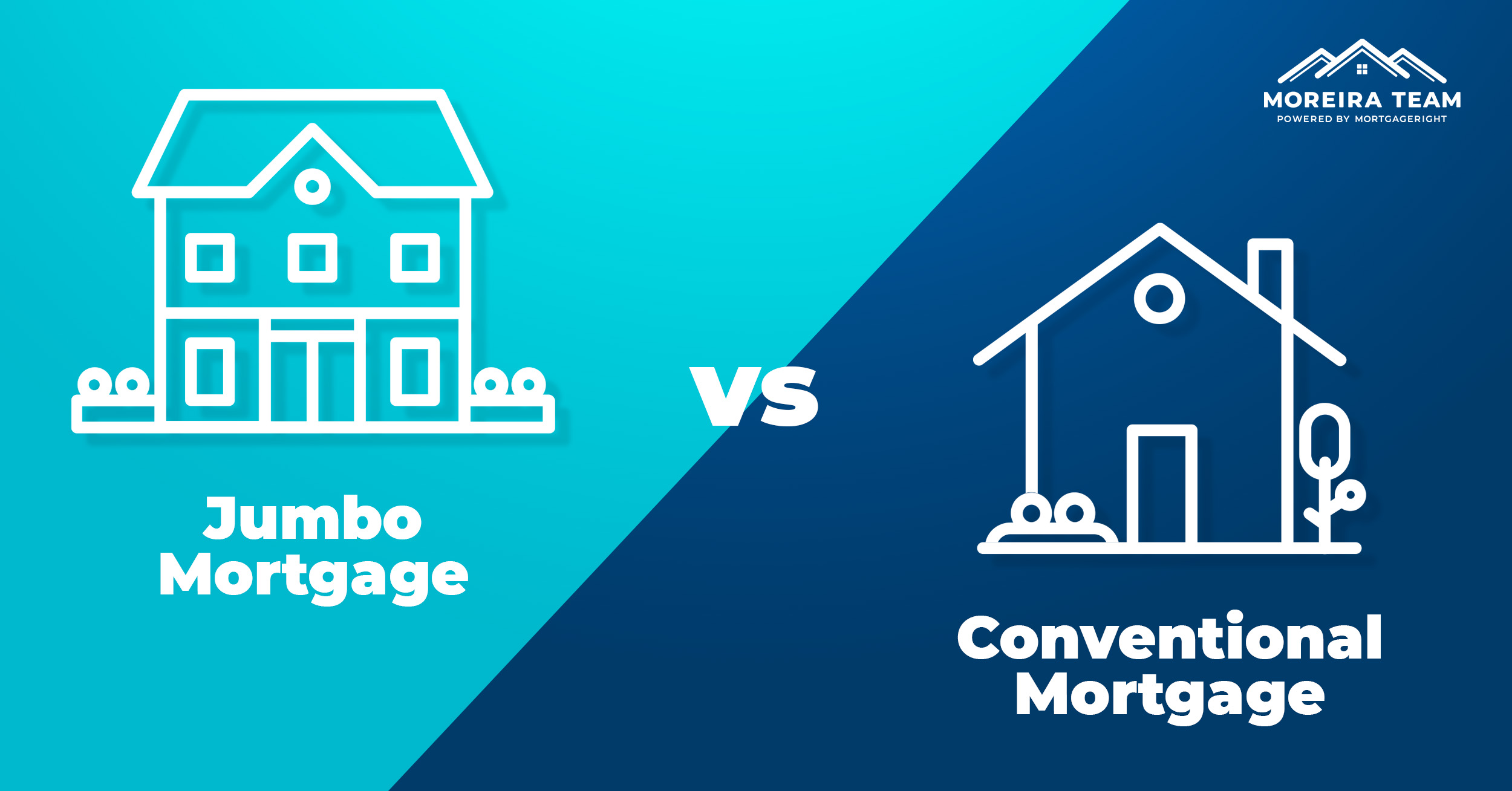Understanding Jumbo Loan: What You Required to Know for Deluxe Home Purchases
Understanding Jumbo Loan: What You Required to Know for Deluxe Home Purchases
Blog Article
The Effect of Jumbo Car Loans on Your Funding Alternatives: What You Need to Know Before Applying
Jumbo car loans can play a crucial role in shaping your funding alternatives, particularly when it comes to getting high-value residential or commercial properties. Recognizing the equilibrium in between the difficulties and advantages posed by these car loans is crucial for prospective customers.
Comprehending Jumbo Financings
Understanding Jumbo Loans needs a clear understanding of their unique features and demands. Jumbo car loans are a sort of home mortgage that exceeds the adjusting loan limits developed by the Federal Housing Finance Company (FHFA) These limitations differ by area yet generally cap at $647,200 in most areas, making jumbo financings crucial for funding higher-priced buildings.
Among the specifying features of jumbo fundings is that they are not eligible for acquisition by Fannie Mae or Freddie Mac, which results in more stringent underwriting guidelines. Debtors need to often demonstrate a greater credit report, normally over 700, and give significant documents of revenue and properties. In addition, lending institutions may call for a larger down payment-- usually 20% or more-- to minimize risk.
Passion prices on jumbo lendings can be somewhat more than those for conforming lendings because of the boosted risk assumed by the lender. Nonetheless, the lack of exclusive home mortgage insurance coverage (PMI) can offset several of these prices. Comprehending these factors is critical for prospective customers, as they substantially influence the terms and usefulness of securing a jumbo financing in today's affordable property market.
Advantages of Jumbo Fundings
Jumbo finances use distinctive benefits for property buyers seeking to acquire high-value residential or commercial properties that go beyond standard finance limitations. Among the key benefits of big car loans is their capability to fund bigger amounts, permitting buyers to acquire homes in premium markets without the restraints enforced by conforming funding restrictions - jumbo loan. This versatility allows homebuyers to watch a more comprehensive series of homes that may better match their needs and choices
Additionally, big loans typically feature affordable rate of interest, specifically for debtors with solid credit rating accounts. This can result in substantial savings over the life of the financing, making homeownership extra budget friendly over time. Furthermore, big car loans can be customized to fit individual monetary scenarios, offering various terms and amortization choices that straighten with the debtor's objectives.

Obstacles of Jumbo Loans
Navigating the complexities of big lendings offers several difficulties that possible borrowers should recognize prior to proceeding. One considerable difficulty is the rigorous loaning standards imposed by economic organizations. Unlike conforming financings, big fundings are not backed by government-sponsored business, leading loan providers to adopt even more rigorous requirements. This often includes greater credit rating demands and significant documents to verify income and possessions (jumbo loan).
In addition, big loans typically feature Going Here greater rate of interest prices compared to conventional lendings. This elevated expense can substantially influence monthly repayments and total cost, making it important for debtors to meticulously assess their monetary scenario. Moreover, the deposit requirements for big financings can be considerable, usually ranging from 10% to 20% or even more, which can be a barrier for numerous prospective homeowners.
An additional obstacle depends on the minimal availability of big lending products, as not all loan providers provide them. This can cause a reduced pool of choices, making it vital for borrowers to conduct complete research and possibly seek specialized loan providers. On the whole, recognizing these obstacles is crucial for anybody taking into consideration a big finance, as it ensures enlightened decision-making and Web Site better monetary planning.
Credentials Criteria
For those taking into consideration a big financing, fulfilling the certification standards is a critical action in the application procedure. Unlike standard finances, jumbo car loans are not backed by government agencies, leading to stricter demands.
To start with, a solid credit history rating is essential; most lenders require a minimal rating of 700. In addition, customers are normally anticipated to show a substantial income to guarantee they can conveniently manage greater regular monthly settlements.
Down payment requirements for jumbo financings are likewise substantial. Debtors should prepare for taking down at least 20% of the residential or commercial property's acquisition cost, although some lenders may provide options as low as 10%. Demonstrating cash money books is vital; lenders frequently need proof of enough liquid possessions to cover several months' well worth of visit this site home mortgage payments.
Contrasting Financing Choices
When reviewing funding choices for high-value residential or commercial properties, understanding the distinctions between different finance types is important. Big finances, which go beyond adjusting lending limits, typically featured stricter certifications and greater rate of interest than standard loans. These financings are not backed by government-sponsored business, which increases the lender's threat and can bring about extra strict underwriting criteria.
On the other hand, conventional fundings provide more versatility and are typically easier to obtain for borrowers with solid credit rating accounts. They may feature reduced rate of interest and a larger selection of choices, such as fixed or adjustable-rate home loans. In addition, government-backed fundings, like FHA or VA financings, supply chances for lower down repayments and more lenient credit report demands, though they also enforce limitations on the funding amounts.

Verdict
To conclude, jumbo finances existing both possibilities and challenges for possible homebuyers looking for financing for high-value homes. While these finances permit bigger quantities without the burden of personal home mortgage insurance, they come with stringent certification needs and prospective downsides such as greater interest prices. A detailed understanding of the obstacles and benefits related to big lendings is important for making notified choices that align with long-lasting economic goals and purposes in the genuine estate market.

Report this page